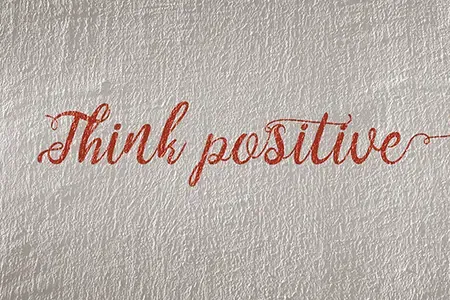Learning Sign Language basics
By MAS Team
If you look around, Sign Language is everywhere. So why not take a crack at one of our country's official languages? It's beautiful, easy to learn and super useful in and out of your studies. Support the deaf and up your New Zealand Sign Language game by starting with the basics.
Every beginner starts by fingerspelling words. Check out the alphabet to get a feel for how to move your fingers. Then, try spelling out your name.

Once you're confident with fingerspelling, take your conversation up a notch with these conversation starters.

Hold your palm out, then move it to the left or right side twice.

Place your thumb and index finger together. Then move your arm up and over to your side so it's facing upright.

Hold your hand flat with the palm facing out and the thumb slightly away from other fingers. The move your arm down and to the side, at a 90-degree angle.

Form a fist with your thumb sticking up, like a 'thumbs up' gesture.

Start with fingertips placed on your chest. Then move your hands away and make fists at the same time, with thumbs pointing outwards.

NZSL grammar structure is different to English. So sign ‘My name what?’ Then fingerspell your name.
My: Move your fist onto your chest.
Name: Hold fist up by your head with two fingers extended. Put these two fingers on the side of your forehead, then move your wrist forward and twist to palm out.
What: With lowered eyebrows, extend your index finger and move it from side to side.

Nice: With a flat hand at your chin, move across and make it a fist.
Meet: Start with your hands apart and your index fingers facing each other. Then move your hands together.
You: Use your index finger to point to the person you are referring to.
Now you know the basics, you’re off to a great start. But if you want to up your skills before having a yarn, take a look at the free modules on www.nzsl.nz. or learn on the go with the NZSL Dictionary app, from the Deaf Studies Department at Victoria University.

It's that time of year where many of you will pack your car and head away for the summer break. Here are some tips for how to prepare for a happy, safe and stress-free holiday.

Childhood food allergies are increasing in numbers and complexity across the globe, including in New Zealand, and there’s not one clear cause.

Life is full of ups and downs. Here are some tools from the science of positive psychology to get the most out of whatever life throws at you.